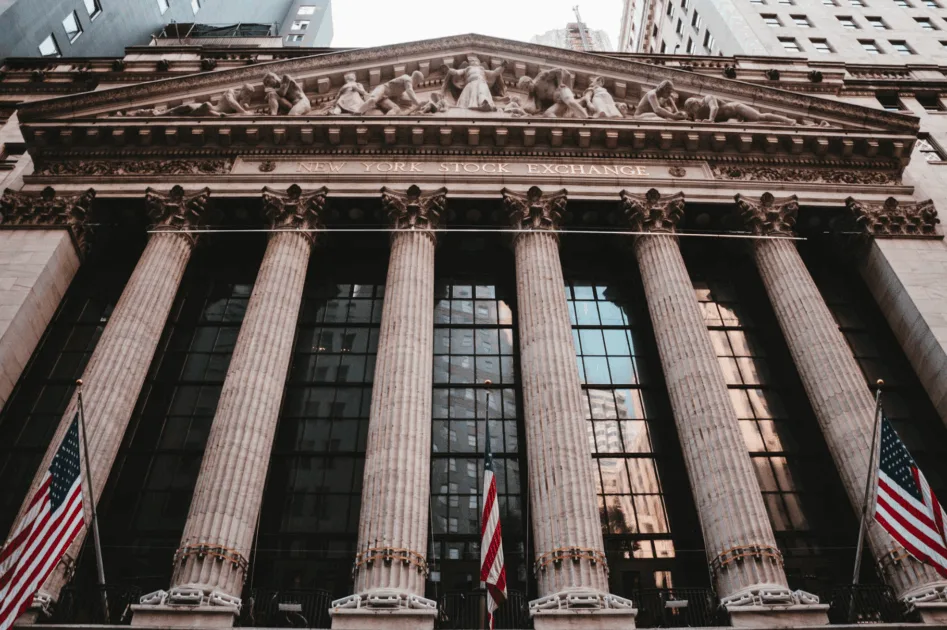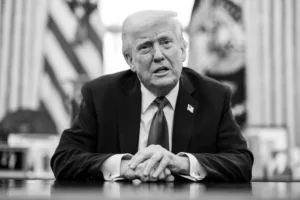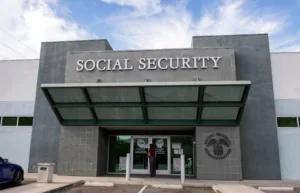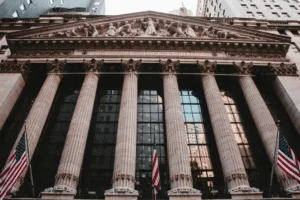Key Points
- New Investment Push: Private equity firms are actively targeting trillions of dollars held in individual 401(k) retirement plans.
- Regulatory Rollback: The Trump administration is reportedly pressuring federal agencies to ease regulations, opening the door for these high-risk investments in retirement accounts.
- Significant Risks for Savers: Experts warn that private equity investments come with exorbitant fees, a lack of transparency, and long lock-up periods, posing a threat to the financial security of retirees.
- A History of Corporate Casualties: Many well-known companies, including Toys “R” Us, Sears, and Steward Healthcare, were driven into bankruptcy after being acquired by private equity firms that prioritized short-term profits.
- Institutional Investors Are Wary: As sophisticated institutional investors like Yale University’s endowment pull back from private equity, these firms are now turning their attention to less experienced individual savers.
The New Battle for Your Retirement Savings
Your retirement fund is designed to be a cornerstone of financial security, a slow and steady path to building wealth for your golden years. However, a new push from Wall Street aims to transform that stable foundation into a high-stakes casino, and your 401(k) is the target. Private equity firms, notorious for their aggressive, high-risk business models, are now lobbying to gain access to the $12.4 trillion held in ordinary Americans’ retirement accounts, a move that critics warn could be disastrous for savers.
This effort is gaining momentum with help from the Trump administration, which has been pressuring the Department of Labor and the Securities and Exchange Commission—the very agencies tasked with protecting investors—to dismantle the safeguards that have kept such risky ventures out of 401(k) plans for decades.
What is Private Equity and Why is it Risky?
Private equity operates on a model built for massive payouts to its executives, not necessarily for the long-term health of the companies it acquires. The strategy is simple: raise vast sums of money from large investors, buy companies, load them with debt, and then flip them for a quick profit. While this can generate immense wealth for Wall Street insiders, it often leaves a trail of destruction.
This approach has led to the downfall of numerous iconic American brands.
- Toys “R” Us: Driven into bankruptcy after being saddled with debt by its private equity owners.
- Sears: The once-dominant retailer was gutted and eventually collapsed under private equity ownership.
- Steward Healthcare and Prospect Medical Holdings: Both hospital chains faced financial ruin after private equity takeovers.
- Other Casualties: The list includes TGI Fridays, Payless ShoeSource, and Joann Fabrics, all of which suffered after deals that prioritized immediate returns over sustainable growth.
From Institutional Investors to Individual Savers
For years, private equity firms relied on large, sophisticated institutional investors like university endowments and pension funds. However, many of these big players are now backing away, citing years of disappointing results, murky accounting practices, and excessively high fees. Yale University, which manages a $41.4 billion endowment, is one of the prominent institutions reportedly reducing its exposure.
With the “smart money” growing skeptical, private equity has set its sights on a new, untapped resource: the retirement accounts of everyday workers. They see individual savers as easy prey, a steady source of capital that can be locked into opaque investments while they siphon off enormous fees.
The Hidden Dangers Lurking in Your 401(k)
Should private equity succeed in entering the 401(k) market, savers will face a host of risks they are ill-equipped to handle.
Exorbitant and Hidden Fees
While a typical index fund may charge less than 0.5% in annual fees, private equity employs a “two and twenty” model. This means they take a 2% management fee off the top every year, regardless of performance, plus 20% of any profits. On top of that, they often charge additional “transaction fees” and “monitoring fees,” further eroding your returns. These fees guarantee the firm gets rich, whether your investment succeeds or fails.
Lack of Transparency and Liquidity
Unlike the public stock market, where prices and performance are clear and public, private equity funds operate in the shadows. They set their own valuations, meaning your account statement could show positive gains on paper even as the underlying assets are losing value. Furthermore, your money is often tied up for five to ten years. If you face a medical emergency or an unexpected job loss and need to access your cash, you simply can’t.
A Politically-Driven Push
This campaign is not coming from savers asking for riskier options. It is a top-down effort from Wall Street, which has spent years cultivating political influence. The Trump administration has welcomed private equity executives into its ranks and has shown a willingness to advance their agenda. Critics argue that weakening the rules is a direct move to allow Wall Street to raid the savings of ordinary people.
Retirement saving should be boring—built on low fees, diversification, and steady growth. By contrast, the private equity casino ensures only one winner: the house. If they are allowed into 401(k)s, the only ones guaranteed a golden payday will be the billionaires, while your golden years could be left in financial ruin.
Image Referance: https://www.counterpunch.org/2025/09/12/dont-let-wall-street-gamble-with-your-golden-years/






